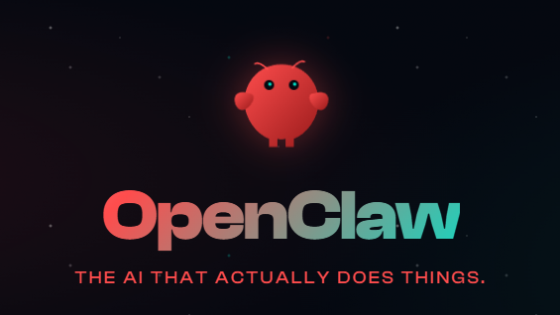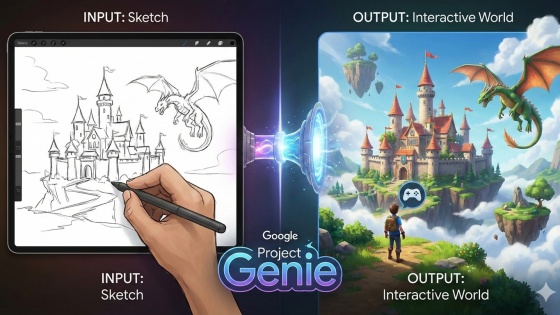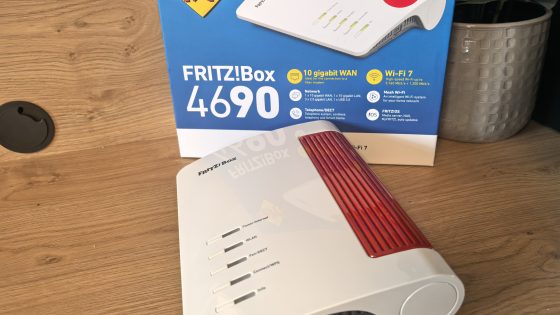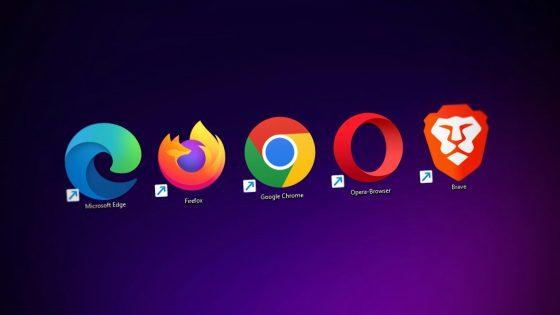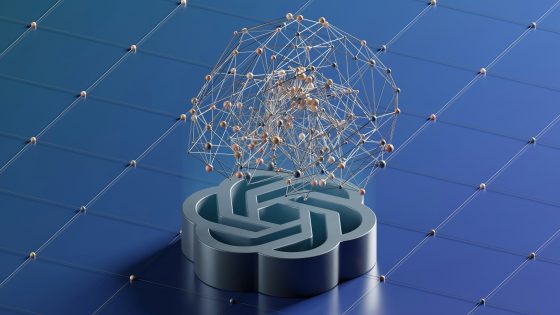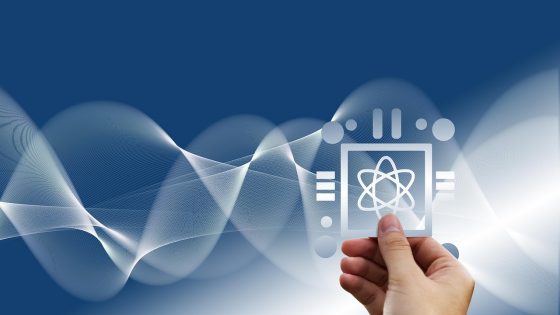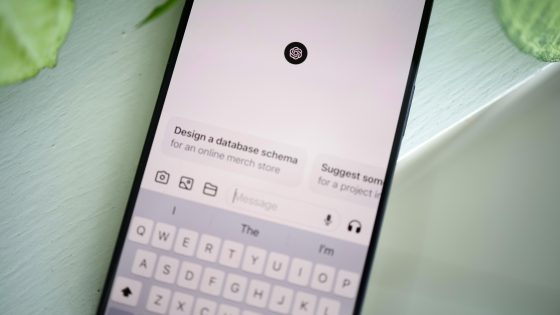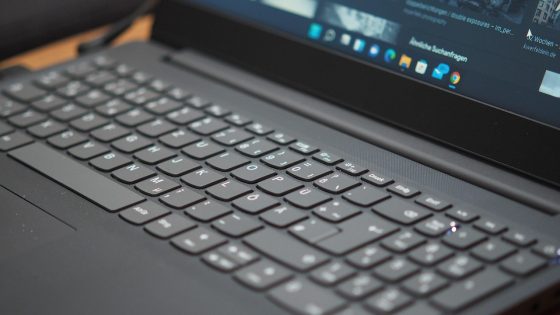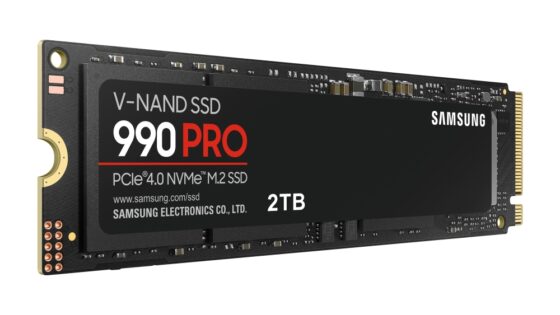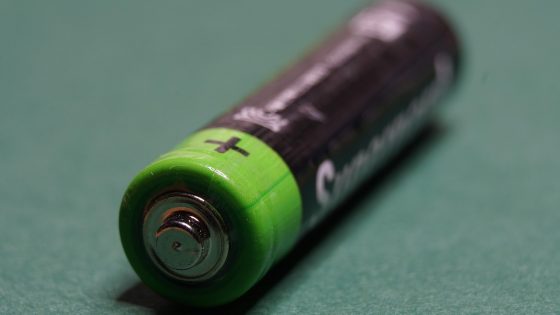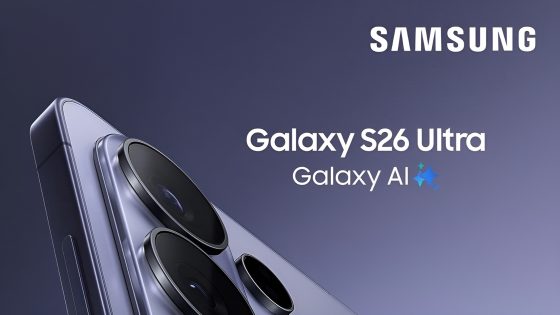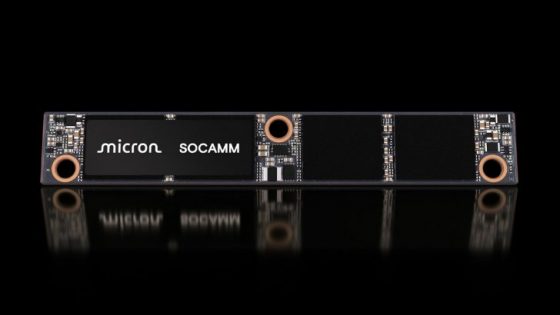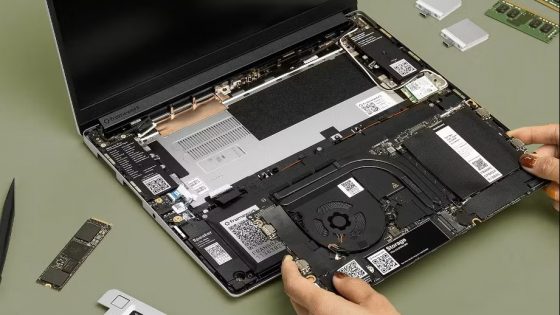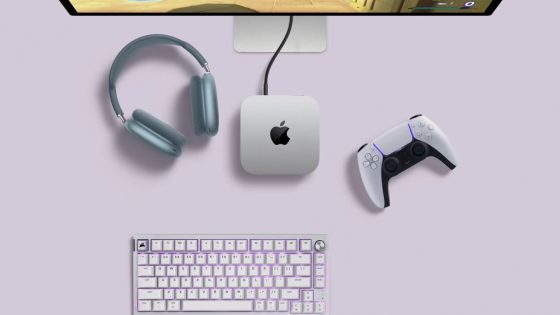OpenAI Unveils GPT-5: Smarter, Faster, and More Useful
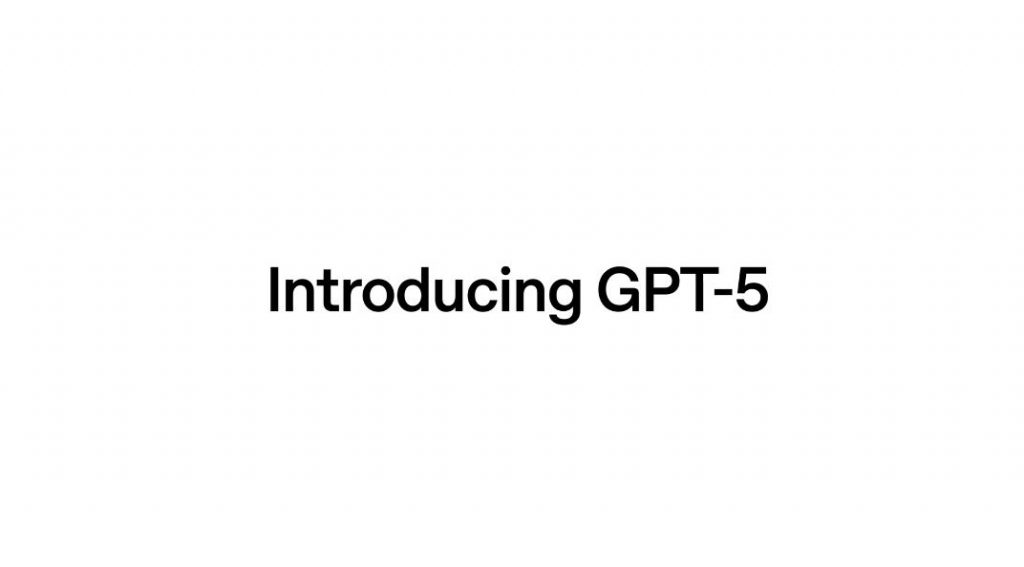
OpenAI, the creator of ChatGPT, has unveiled the long-awaited new version of its artificial intelligence chatbot – GPT-5 – and described it as a tool capable of providing PhD-level expertise.
OpenAI co-founder and CEO, Sam Altman, emphasized during the presentation that this is a turning point in the development of ChatGPT:
"Having something like GPT-5 would have been simply unimaginable just a few years ago," he said ahead of today's official release.
The model, which the company describes as “smart, fast, and useful,” is aimed at both individuals and businesses. Altman claims that GPT-5 produces significantly fewer so-called hallucinations (made-up answers) and is less misleading. It is also specifically presented as an advanced assistant for programmers, similar to competitors such as Anthropic with its Claude Code model.
What can GPT-5 do?
OpenAI highlights two features in particular:
- Ability to build complete software from beginning to end
- Improved logical and reasoning skills, where answers include explanation, logic, and connections between data
According to Altman, the model is “noticeably better” than its predecessors:
“GPT-3 was like talking to a high school student… GPT-4 is closer to talking to a university student. And GPT-5, for the first time, truly feels like talking to a top expert in any field, at the PhD level.”
Skeptical views
Some experts warn that part of the excitement is largely marketing. Prof. Carissa Véliz of the Institute for the Ethics of Artificial Intelligence believes that, despite their impressive capabilities, the systems have yet to prove sustainable profitability: “They can only imitate human thinking, not truly recreate it.”
Gaia Marcus from the Ada Lovelace Institute adds that with greater capacity comes an increasing need for comprehensive regulation that is in line with public expectations.
First experiences
BBC AI correspondent Marc Cieslak tested GPT-5 ahead of its release. He says it's similar to older versions (with tasks and questions via text prompts), but the model now uses a so-called reasoning model that "thinks more deeply" when solving problems.
Although, in his opinion, it is more of an evolution than a revolution, improvements are noticeable in the accuracy and way the answers are argued.
Impact on content creators
Grant Farhall of Getty Images warns that as AI content becomes more compelling, so does the need to protect creators. “Authenticity is important, but it doesn’t come without a price. It’s important to know how the models are trained and whether the creators are being paid appropriately if their work is used.”
Competition and friction in the industry
The release of GPT-5 coincides with tensions between OpenAI and its competitors. Anthropic recently revoked OpenAI’s access to its API after it was accused of abusing access to programming tools shortly before GPT-5’s release. OpenAI counters that benchmarking against other models is an industry standard and that Anthropic can still use their API.
Elon Musk, meanwhile, said of his AI model Grok that it was "better than a PhD in everything" and called it "the smartest artificial intelligence in the world."
A new approach to user interaction
OpenAI also announces changes to the way ChatGPT answers sensitive personal questions. For example, when asking "Should I end the relationship?" it will not offer a definitive answer, but will guide the user through consideration of the pros and cons.
Altman acknowledges that there are risks, such as parasocial relationships between users and AI, but believes the positives will outweigh them. “Society will have to put in place new safeguards. But the benefits will be tremendous.”



